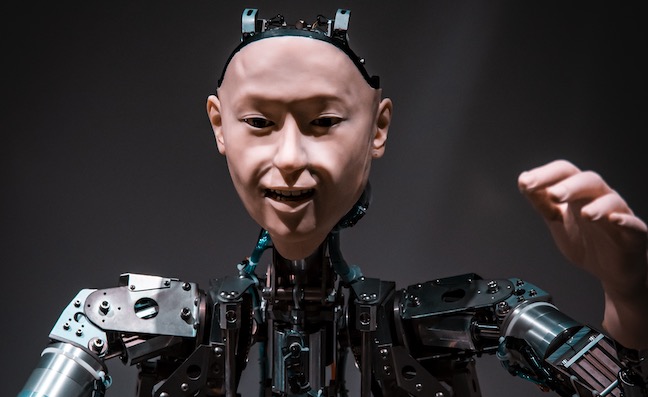The sudden explosion of artificial intelligence has left some Christians pondering the moral implications of this ever-expansive technology.
Listen to the latest episode of CBN’s Quick Start podcast 👇
And when it comes to the true size and scope of artificial intelligence, the future is anything but certain. Promises of profound technological advancement come alongside fear over job loss and lapsed ethics.
“One of the problems of the whole issue of artificial intelligence is that that landscape could change before I get to the end of this sentence,” Dr. Albert Mohler, Jr., president of the Southern Baptist Theological Seminary, told CBN’s “The 700 Club.”
Mohler said new moral dimensions surrounding AI emerge as fast as the technology evolves.
“This is a truly frightening prospect,” he said. “And I don’t say that about everything. … What we don’t know, we don’t know, and this really is setting something loose in the lab.”
Mohler urged Christians to pay close attention to the claim AI could potentially develop a form of consciousness.
“There is no such thing as a feeling machine,” he added. “There may be a machine that mimics feeling; we are not merely feeling machines. We’re not merely machines that mimic feeling; we’re made in God’s image. And so there has to be a distinction there.”
Mohler continued, “But keeping that distinction straight — and by the way, defending human dignity — is going to uniquely fall upon Christians, because the world is cashing out its ability to argue for human dignity.”
Author Jeff Kinley agreed and added a warning about allowing AI to diminish human purpose and value.
“Obviously, one of the biggest concerns is that it replaces human intelligence,” Kinley said. “We’re moving as a society towards replacing humanity just about every way possible — replacing human labor, human thought, human writing, trying to pretty much put humanity to the margins of the narrative here.”
Unrestrained surveillance and the ability to hack the human brain are two potential concerns. Kinley, however, calls censorship and informational control the more immediate threats.
“The idea of deception, because artificial intelligence is not human intelligence,” he said. “And so there’s obviously the capacity for a lot of bias in there — prescripted, inherent bias, but also just the idea of putting out a false narrative and someone says, ‘Hey, the AI must know more than me. So, I’m going to trust the AI more than the people who could be called conspiracy theorists.'”
Christian apologist Alex McFarland echoed these concerns and said it all comes down to who’s programming the systems and how they’re used.
“Technology is generally amoral,” he said. “Computers aren’t necessarily good or bad, but what you do with them on the moral issues.”
McFarland continued, “Christians need to be very concerned about AI, because so much of the code and the algorithms that run the internet come from the souls and minds of Silicon Valley liberals.”
While the overall impact depends on human intention, there are also positive opportunities. Some experts are using the tech to improve human health and well-being. And Christian groups are using it to translate the Bible into new languages.
Author Johnnie Moore, among others, believes America must pause, reflect, and offer moral leadership to ensure the right path forward.
“All the good and the bad of it is going to be realized by us,” he said. “The decisions we make now will determine the lives our children will enjoy. This is the moment to press pause, to gather together, to ask the right questions, and to make sure the United States isn’t just leading in technology, but that we’re leading with our values too.”
Only time will tell if these warnings are heeded.
***As the number of voices facing big-tech censorship continues to grow, please sign up for Faithwire’s daily newsletter and download the CBN News app, developed by our parent company, to stay up-to-date with the latest news from a distinctly Christian perspective.***



